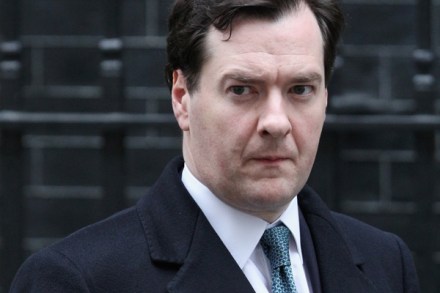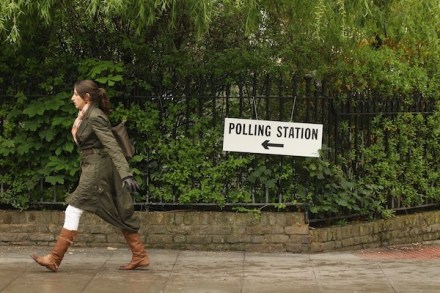A not-entirely-comprehensive spending review
There are more rumblings this morning on the shape of the next comprehensive spending review, this time at grassroots level within the Liberal Democrats. The Times reports threats from former Lib Dem MP Evan Harris that any attempt to sign up to a traditional spending review will trigger an emergency motion at the party’s autumn conference. The leadership is already well aware of this issue: I blogged last week that a senior party figure had told me that the £10 billion of welfare cuts that George Osborne has predicted are necessary over the next spending review period are ‘just not going to happen’. Clegg and co know that the Lib

















